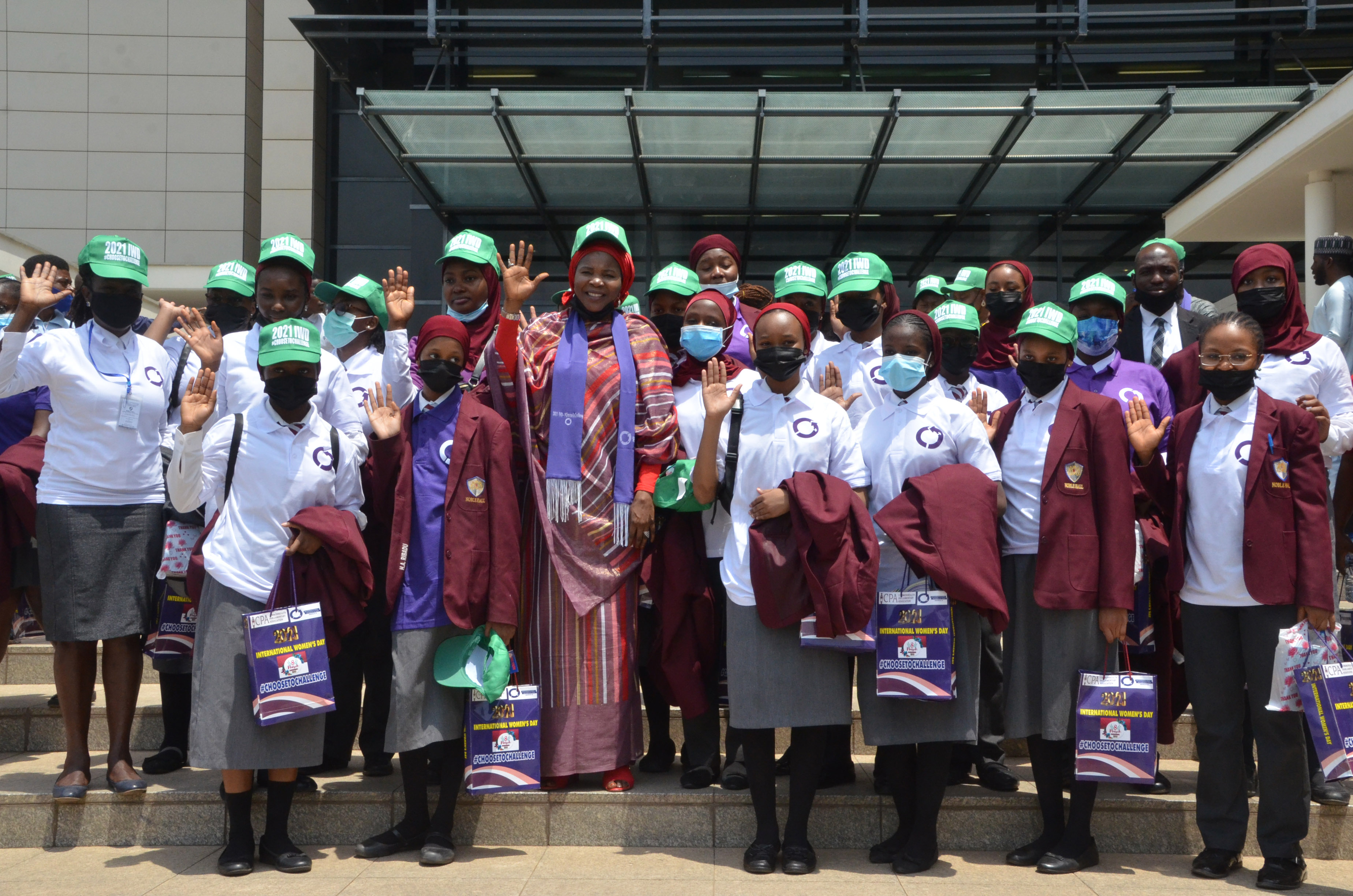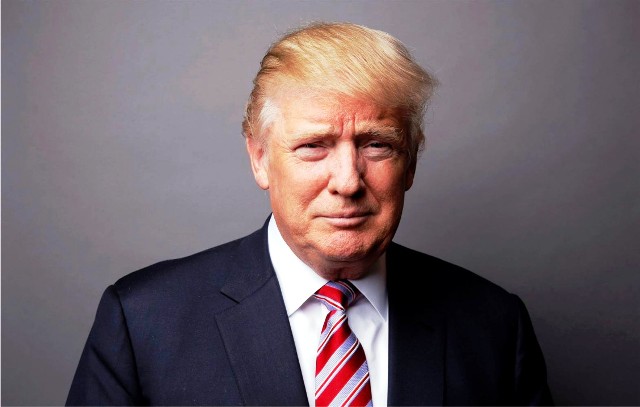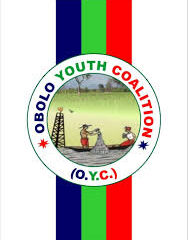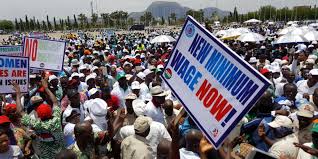Editorial
IWD: Moving Towards Gender Equality

Today, March 8, marks International Women’s Day (IWD), a global observance devoted to recognising
and honouring the social, economic, cultural, and political accomplishments of women and girls. It is a moment to highlight the improvement made towards gender parity and to accentuate the ongoing work that still needs to be done.
The universal theme for 2024, “Invest In Women: Accelerate Progress,” highlights the relevance of investing in women’s education, healthcare, economic empowerment, and leadership development. By bolstering women through investment, we are not merely enhancing their individual opportunities and well-being but likewise fostering positive social and economic outcomes for communities and countries.
IWD, observed every year on March 8, is a worldwide celebration to honour women for their attainment, acknowledge their contributions to society, and promote gender equality. The day serves to coalesce people around the world and contemplate the growths made towards obtaining gender uniformity, while further recognising the challenges that still prevail.
The origins of IWD can be traced to the early 20th century, when women groups battled for reformed working conditions and social justice. The inaugural National Women’s Day was observed in the United States on February 28, 1909, following a declaration by the Socialist Party of America. In 1910, at the International Conference of Working Women in Copenhagen, Denmark, Clara Zetkin proposed establishing an annual Women’s Day to advocate for women’s rights and suffrage. The proposal garnered unanimous support, leading to the first IWD being celebrated in 1911 by over a million people in Austria, Denmark and Switzerland.
Additionally, IWD sheds light on the ongoing challenges and barriers that women around the world continue to face. These include gender-based discrimination, violence, unequal access to education, denial of employment opportunities, injustice, limited economic prospects, gender-based violence, and inadequate healthcare and education. We have to assess our achievements and renew the search for solutions to promote gender equality and empower women and girls.
Collaborating across different sectors and advocating for systemic change, can build a fairer and more inclusive world where every woman and girl can achieve their full potential and make meaningful contributions to society. As we celebrate the day, we have to recommit ourselves to creating a future where gender equality is not just an aspiration but a lived reality for everyone. We have to embrace this theme and join forces to construct a more just, prosperous, and inclusive world.
To achieve gender equality, men must support this cause. They can do so by dismantling patriarchal systems and creating a society that promotes inclusivity, enabling women to thrive. Men should listen to women’s experiences, amplify their voices, and actively work towards building a more equitable world. Both men and women can work towards a future where discrimination is eliminated and everyone, regardless of gender, can have access to equal opportunities.
Every March 8, Nigerian women join the rest of the world to celebrate IWD. It is an ample opportunity for political leaders to make grand promises to improve the lives of women and help them evade poverty. From the lowest-ranking officials to those in the highest positions, women are promised equal representation, active involvement, and policies that give priority to gender balance. However, by the next day, these same politicians revert to their usual ways, conveniently forgetting the promises they made until the next IWD comes around, and the cycle continues indefinitely.
Women play vital roles in both private and public spheres, and should be granted complete support and respect from society for their contributions. They should be encouraged to engage in governance and public affairs without facing discrimination or obstacles. Consequently, public policies should be intentionally designed to harness their abilities for the betterment and advancement of our nation. Nigerian women have impacted the country’s growth and development, thus investing in them would drive transformation and promote a seamless transition to a more secure and equitable society.
Rwanda, recognised as one of the fastest-growing economies in Africa, boasts one of the highest rate of female representation globally. In a strategic move to rebuild the nation following the post-genocide era, a new constitution was drafted and approved in 2003, allowing for the implementation of proactive measures, including a gender quota ensuring that women occupy a minimum of 30 per cent of political positions. Consequently, Rwanda stands out for having established one of the most effective systems due to the inclusion of women in decision-making processes.
Unfortunately, Nigeria ranks 133rd, globally for female political representation, with only 20 per cent of formal sector enterprises owned by women. Women have less than 6 per cent representation in the National Assembly, with merely 19 out of 469 members serving in the Senate and House of Representatives. This low representation is indicative of discrimination, as only three women serve in the Senate and 16 in the House of Representatives.
Gender equality needs to be at the top of the federal, state, and local governments’ agenda, and acknowledged as a major priority by all people, organisations, and communities, if our country is to achieve inclusive and sustainable development. Restrictive clauses, norms, and traditions that support prejudice and discrimination against women and girls must be addressed and eradicated. Every legislation currently in place that impedes the advancement of women should be examined and reviewed by the state and federal legislature. This would be the most potent way to observe this year’s International Women’s Day.
Editorial
New Federal Varsity In Ogoni

President Bola Ahmed Tinubu has made history by signing into law a bill that establishes the Federal Univer-
sity of Environment and Technology in Ogoni, Rivers State. This significant occasion marks a bold step forward not only for the Ogoni people but also for the Niger Delta region and Nigeria as a whole. It signifies a commitment to education, environmental sustainability, and technological advancement.
For the Ogonis, who have long been impacted by environmental challenges, the university represents a beacon of hope. It is more than just bricks and mortar; it is a symbol of empowerment and a pathway to a brighter future. This development is akin to a seed, planted with the promise of a flourishing harvest of skilled professionals.
The university’s emphasis on environmental technology is extremely important, especially given Nigeria’s climate crisis. Education plays a crucial role in developing sustainable solutions. The institution will provide students with the necessary skills and knowledge to address the environmental challenges affecting the Niger Delta region and beyond. This will have a momentous impact.
Signing the bill, the President praised the Ogoni people’s resilience and unity. He stressed that the institution would mark a “significant milestone in our national journey towards environment justice, education and sustainable development”. Tinubu said the university is a reaffirmation of his administration’s “unwavering commitment to the people of Ogoni, the Niger Delta and the nation as a whole. For decades, the Ogoni people have been at the forefront of fight for environmental restoration and sustainable development, shaping both national and global conversation of these critical issues.
“By signing this bill into law, we are taking a decisive step towards addressing historical grievances and creating new opportunities for learning, growth and prosperity. The university will serve as a centre of excellence, equipping young Nigerians with the knowledge and skill to tackle present environmental challenges, drive clean energy solutions and contribute to our national sustainable economic development.”
We commend President Tinubu for his visionary decision to establish the much-needed institution aimed at fostering development and progress. This initiative is a testament to his commitment to addressing critical social and economic knots and creating opportunities that will benefit the people. The President has laid a solid foundation for sustainable growth while demonstrating a genuine desire to empower and advance the nation’s collective interests.
In addition to his commendable action, we applaud Tinubu for initiating peace talks to bring stability and reconciliation to the troubled area. The decision to engage in constructive dialogue demonstrates a deep understanding of the relevance of inclusive governance and the role of peace in fostering meaningful development. For decades, Ogoni has endured turmoil and neglect, impeding its potential and the return of oil exploration activities.
By opening the door to peaceful negotiations, the President has made a bold and necessary move towards healing fractured relationships and fostering trust among stakeholders. This initiative holds the promise of ensuring that the voices and needs of the Ogonis are heard and respected. We urge all parties involved to seize this golden opportunity for lasting peace and progress. It is only through unity and mutual respect that the full potential of Ogoni, and by extension the nation, can be realised.
As steps are taken to acknowledge and remediate the damage caused by years of oil exploration and production, the Ogonis must reciprocate Mr. President’s gesture by fostering a climate of equanimity and stability. This will ultimately pave the way for the resumption of oil exploration and production. This is not a call to forget the past, but a pragmatic recognition that meaningful change and sustainable development require a collaborative approach.
The Federal Government has a responsibility to ensure that all academic disciplines offered by the new university are fully accredited to maintain the integrity and quality of the school. Without proper accreditation, the institution risks producing graduates who are ill-equipped to compete in the global workforce or contribute substantially to national development. Accreditation serves as a benchmark that ensures programmes meet academic standards and adhere to best practices across various fields of study.
Staff recruitment should be conducted carefully, as the individuals brought into a team can greatly influence an organisation’s performance, culture, and long-term success. The primary focus of recruitment efforts at the university should be on attracting the best candidates who possess the necessary skills, qualifications, experience, and values. Merit should be the guiding principle in decision-making throughout the hiring process, rather than favouritism or personal bias.
For a nation to thrive in the 21st century, a strong higher education system is not only desirable, but essential. Universities serve as the catalysts for innovation, the breeding grounds for future leaders, and the foundations of a knowledge-based economy. The Federal Government must acknowledge this vital role and take intentional actions to properly fund the university in Ogoni and develop infrastructure to ensure it meets international standards. Neglecting this responsibility would put its future prosperity and global competitiveness at risk.
This institution must not suffer the same fate as other federally-owned universities that have been left to decay. That will be a disservice to its purpose and potential. Many government-owned universities in the country have struggled with dilapidated infrastructure, underfunding, insufficient staffing, and interruptions caused by industrial actions due to unpaid wages or poor working conditions. These challenges have led to declining standards in education, putting both students and staff at a disadvantage. The Ogoni University must not be another victim of this worrying trend.
Editorial
HIV, Transiting From Donor Dependence

The initial announcement by United States President, Donald Trump, to cut funding for international
HIV/AIDS initiatives sent shockwaves through the global health community. In Nigeria, a country facing a significant HIV/AIDS burden, the potential consequences were dire. However, the subsequent waiver granted by the administration has provided a lifeline for the millions of Nigerians who rely on the President’s Emergency Plan for AIDS Relief (PEPFAR) for their treatment and support.
PEPFAR has been an important partner in Nigeria’s fight against HIV/AIDS. Since its inception in 2003, PEPFAR has committed more than $7.8 billion to the country, catering to approximately 90 per cent of HIV treatment requirements. With this funding, Nigeria has been able to enhance its HIV prevention, treatment and support services and has witnessed a reduction in HIV/AIDS deaths.
The waiver granted by the Trump administration guarantees that PEPFAR’s life-saving medicines and medical services will continue to reach the needy. Antiretrovirals (ARVs) are the most common type of medicine used to treat HIV and reduce the virus’ spread. Through the provision of ARVs, PEPFAR helps prevent the spread of HIV and enhances the quality of life of those with the condition.
Although Nigeria was recently exempted from the requirement, the signs are evident: the country has to graduate from dependence on donor funds for its HIV/AIDS control programmes. Over the years, partners including the U.S. government have been central to the provision of treatment to people living with the virus. However, it is time for Nigeria to own its national response to HIV/AIDS.
Nigeria’s HIV/AIDS burden remains critical, accounting for 10 per cent of the global total. In 2023 alone, there were 75,000 new infections and 45,000 HIV-related deaths. The battle against Mother-to-Child Transmission remains challenging, with only 35 per cent of the target 75 per cent being met. Nearly 1.7 million Nigerian children have been orphaned due to HIV. Vulnerable populations, especially women and children, continue to disproportionately suffer.
To transition away from donor dependence, a multifaceted approach is necessary. Firstly, the country must increase its domestic financing for HIV/AIDS programmes. This can be accomplished through innovative funding mechanisms, such as leveraging public-private partnerships and exploring local revenue sources. Secondly, the government needs to strengthen its healthcare system to ensure equitable access to testing, treatment, and care. This involves expanding access to antiretroviral drugs, investing in community-based models, and addressing the stigma associated with HIV.
Thirdly, Nigeria must prioritise prevention efforts. This entails promoting condom use, providing comprehensive sexual education, and increasing awareness about the risks and modes of transmission. By focusing on prevention, the country can decrease the incidence of HIV infections and ultimately lessen the burden on its healthcare system.
Finally, Nigeria should develop a sustainable human resource strategy for its HIV/AIDS response. This involves training and equipping healthcare workers, engaging community volunteers, and empowering people living with HIV to advocate for their rights. A well-trained workforce is essential for delivering high-quality services and ensuring the long-term success of the response.
The transition beyond donor dependence is a complex but necessary journey for the country. By increasing domestic financing, strengthening healthcare systems, prioritising prevention, and investing in its human resources, the country can create a sustainable and effective response to HIV/AIDS. Also, the government should consider alternative funding mechanisms, such as increased domestic funding, public-private partnerships, and philanthropic initiatives. The time to act is now, for the well-being of present and future generations.
Nigeria’s National Agency for the Control of AIDS (NACA) has made momentous strides in combating HIV/AIDS, including expanding access to testing, treatment, and education. However, challenges persist, hindering the effectiveness of these efforts.
One major obstacle is limited access to healthcare facilities, particularly in rural areas. This impedes timely diagnosis and treatment, reducing the likelihood of optimal outcomes for those living with HIV. Additionally, stigma surrounding the disease remains a formidable barrier, preventing individuals from seeking testing and care. Inadequate awareness campaigns further contribute to low testing rates and delayed diagnosis.
Addressing these challenges requires concerted action by the government and stakeholders. Allocation of adequate funding is crucial to expand healthcare infrastructure and ensure the availability of essential services. Moreover, targeted interventions to reduce stigma and promote awareness are vital for increasing testing and early detection.
Collaboration between civil society organisations and grassroots movements is also essential for advocating for protection of HIV funding. Advocacy campaigns can mobilise public support and pressure lawmakers to prioritise the fight against HIV/AIDS. By addressing these challenges and ensuring sustainable funding, Nigeria can depend less on donor countries, drastically reduce HIV transmission, and provide the necessary care to those affected by the disease.
Editorial
Israel-Gaza War: Sustaining The Ceasefire

-

 Politics4 days ago
Politics4 days agoProposed States Creation: Youth Leader Lauds Nass Over Obolo State Inclusion
-

 News4 days ago
News4 days agoTreasury Bills Attract N3.22trn From Investors
-

 Sports4 days ago
Sports4 days agoNPFL: Remo Narrowly Beat Pillars 2-1 To Maintain Lead
-

 News4 days ago
News4 days agoAfDB Dissatisfied With $210m Nigeria Agro-Industrial Zones Project
-

 Niger Delta4 days ago
Niger Delta4 days agoDiri Unhappy Over Poor State Of Public Schools
-

 Editorial4 days ago
Editorial4 days agoNew Federal Varsity In Ogoni
-

 News4 days ago
News4 days agoN70,000 Minimum Wage States’ Salaries Rise By 90% To N3.8trn
-

 Oil & Energy4 days ago
Oil & Energy4 days agoWAPCo Commences Four-Week Pipeline Maintenance

